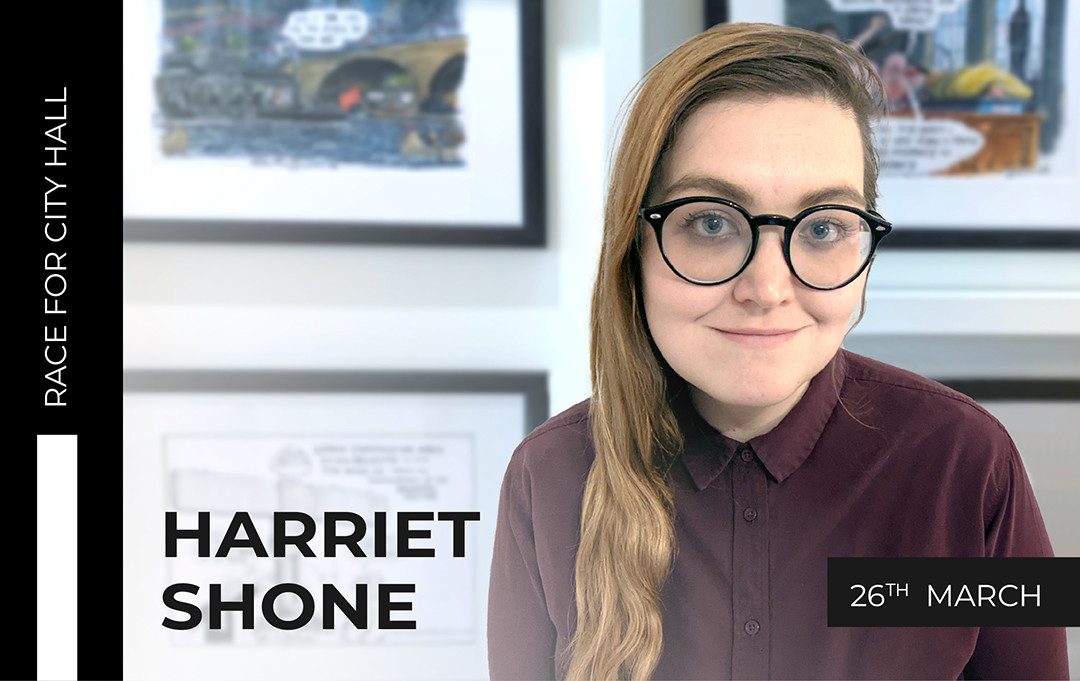Posted: 26.03.24
Race for City Hall: London’s housing challenge
I’ve been a Londoner since 2008. In that time, I have lived in halls of residence, eight fairly grotty flat shares, spent a year living with a family member, and eventually moved out to Zone 4 when I managed to scrape together the deposit for a small flat in an old 1930s apartment block which is, quite literally, sinking into the ground (I have learnt the hard way what a ‘sinking fund’ is).

I am lucky. Junior colleagues tell me that any progress they had made towards saving up to buy one day was blown up by the twin disasters of post-Covid rent inflation and the Liz Truss-Kwasi Kwarteng mini-budget driving up the cost of mortgages overnight. My own mortgage went up by £500 a month, not insignificant to a single-income household, even one lucky enough to have a good job and no dependents (except one skinny little whippet). If the mini-budget had happened before I bought, I’d have never obtained a mortgage.
It's worse for renters, of course. When I last rented a room in a flat share in 2019, my double room in Walworth cost £800 per month. It felt like a fortune. Similar rooms are now on the market for closer to £1,400.
Much of the discourse around housing in London is about the desperate need for social homes, which goes without saying really – of course we need to tackle the increasingly insane number of households on council housing lists. But none of the mayoral candidates are offering a holistic view on solving the housing crisis, something that will never be solved by building council homes alone.
Sadiq Khan, seeking a third term, does focus on his record of delivering council homes across London, which is a bold move given that this record may not necessarily light the reader on fire. However, so far, his campaign has largely focused on ‘sending a message’ to the Conservative Government, rather than any tangible offer to voters – not unusual for incumbents who understandably struggle to be ‘change candidates’.
Meanwhile Tory candidate Susan Hall and the Liberal Democrats’ Rob Blackie have put crime at the heart of their campaigns, painting London as an increasingly dangerous place. On housing, all we really know of Hall’s policy priorities is a preference for houses over flats and low-density development, in tactical alignment to her outer London campaign targeting.
Blackie, as is often typical of Lib Dems, pays lip service to the need for homes but doesn’t want to say too much about where they should go – although he is broadly seen as pro-development. Green Party candidate Zoe Garbett is the most inflamed on housing, focusing on the ‘out of control’ private rented sector, advocating for rent freezes, and talking up the need for key worker housing – all issues which will resonate with average Londoners. It’s unclear how the need for more homes marries with the party’s scepticism of new-build development, however, which they critique for its carbon-intensity.
Candidates would no doubt defend their spotty policy on housing by noting that the Mayor’s influence over tackling the housing crisis is considerably constrained – certainly, Khan has often put the blame for spiralling housing costs and under-supply onto central government, not unreasonably. Crime is an appealing policy area to focus on because it does matter to Londoners and the Mayor has more levers to pull to help tackle it.
But if housing is the biggest problem in your constituents’ lives, and the area where change would have the greatest impact on people’s actual experience of living in London, what is the point of an election where we hardly talk about it?
Even if the Mayor’s powers are limited – although I would argue that Khan could have used his planning powers more often to overturn questionable local decision-making and bring more residential developments forward – there is still the opportunity for leadership here.
A London Mayor willing to stand up and explain to their constituents the trade-offs necessary to deliver housing now, rather than later on when central government might pay for it, to tackle NIMBY-ism head-on, attacking it as counter to what is in London and Londoners interests, and to amplify the voices of Londoners who are simply getting too used to feeling poorer day in and day out, would surely have an impact – psychologically if nothing else.
